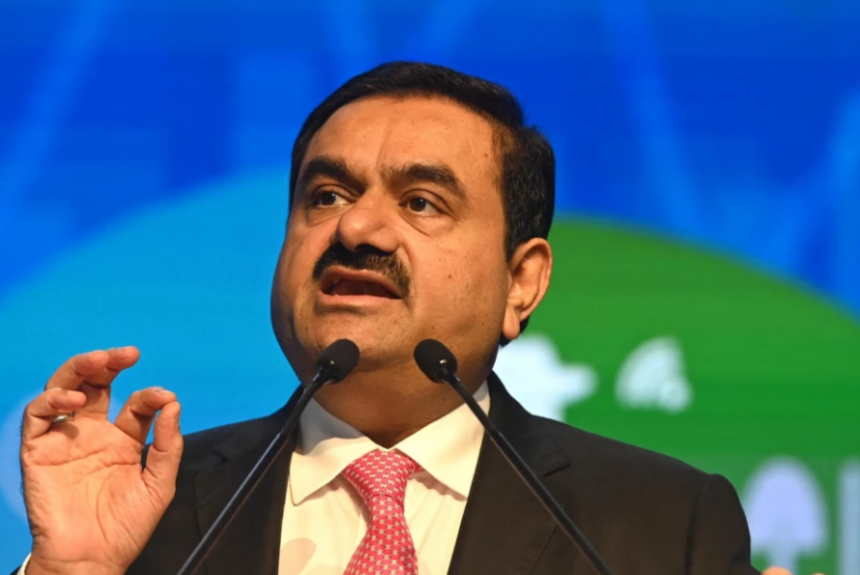After four months of negotiations, the Kenyan government signed a Ksh.95 billion ($736 million) power transmission deal with Adani Energy Solutions, a subsidiary of the Adani Group, to develop and maintain crucial transmission lines and substations across the country.
Under the agreement, Adani will manage the transmission infrastructure it constructs for 30 years, after which all assets will be transferred to the Kenya Electricity Transmission Company Limited (KETRACO) in good condition and free of encumbrances. In addition, Adani will pay the Kenyan government a Ksh.1 billion ($8 million) success fee, equivalent to one percent of the total project cost.
The Public-Private Partnership (PPP) arrangement outlines that Adani will construct three key transmission lines, including a 400-kilovolt line from Gilgil through Thika and Malaa to Konza (208.73 kilometers), a 220-kilovolt line from Rongai to Keringet and Chemosit (99.98 kilometers), and a 132-kilovolt line from Menengai through Ol Kalou to Rumuruti (89.89 kilometers). Additionally, substations will be established at several locations, including a new 132/33-kilovolt substation in Kisumu County’s Thurdibuoro.
Adani is expected to complete the project within 24 months of the agreement’s signing. If the company fails to meet the deadline, KETRACO reserves the right to enforce performance security or terminate the contract. The project will be funded through a 70:30 debt-to-equity ratio, with no financial burden on the Kenyan government. An independent expert will oversee the project’s progress alongside a KETRACO implementation team to ensure adherence to the terms of the agreement.
Energy Cabinet Secretary Opiyo Wandayi also emphasized that Adani must maintain a competitive bidding process to create business opportunities for Kenyans.
In the event that Adani Energy Solutions secures refinancing under improved market conditions, KETRACO and Adani will share the benefits equally, with both parties receiving 50 percent of the resultant gains.
Compensation
The project, according to the Energy Ministry, aims to address Kenya’s recurring power blackouts, which are largely attributed to ageing transmission infrastructure. KETRACO has assured that all individuals affected by the project will be compensated for any loss of assets, including damages to crops and trees. Moreover, landowners whose parcels are affected by the transmission lines will receive compensation at market value for the limited loss of land use. The parastatal stressed that compensation will be “full, prompt, and just,” with provisions in place to fully resettle any displaced persons.
Public Participation and Controversies
Despite concerns about the public participation process, particularly since Adani Energy Solutions submitted a privately initiated proposal, the government maintains that thorough due diligence was conducted.
Adani Energy Solutions’ sister company, Adani Airport Holdings, is also involved in a controversial $1.85 billion investment deal to expand Nairobi’s Jomo Kenyatta International Airport (JKIA). This deal has been halted by the courts pending the resolution of a case filed by the Kenya Human Rights Commission (KHRC) and the Law Society of Kenya (LSK), which challenges the proposed lease of JKIA to Adani.
Additionally, Adani is negotiating another $900 million deal to upgrade Tanzania’s electricity transmission lines through a similar public-private partnership.



